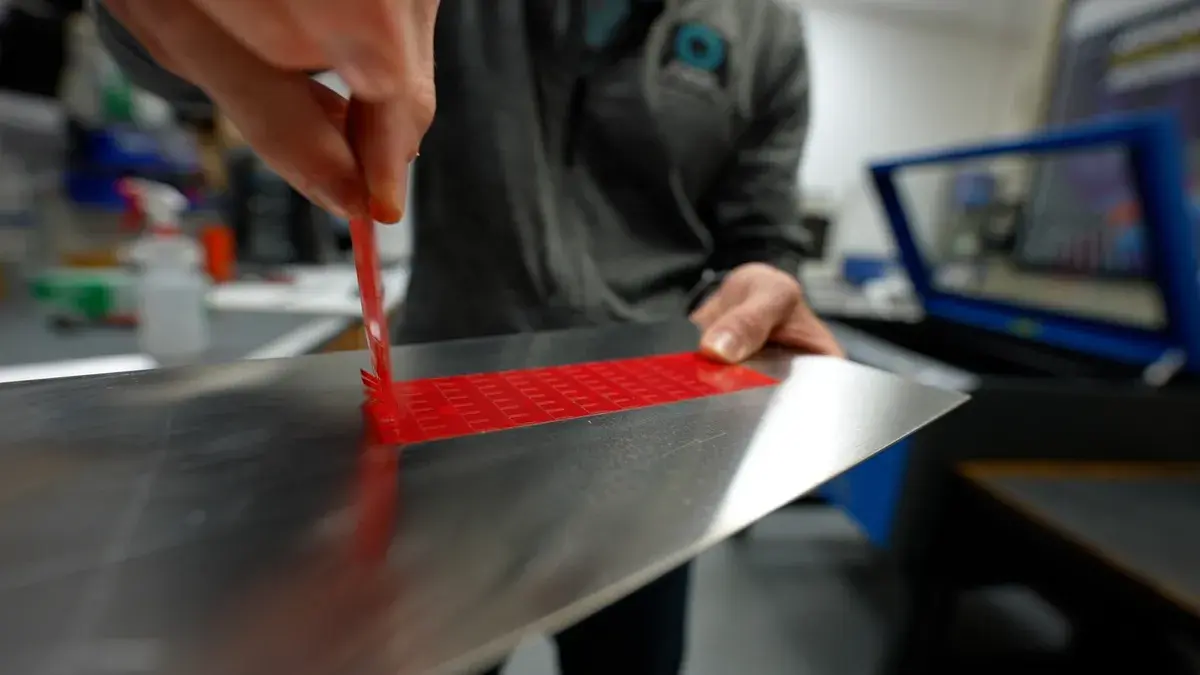Recent attempts to improve the energy density of supercapacitors by inventing better electrodes have focused on the properties of graphene to achieve that end. But now it seems that hemp could meet that goal at a much more reasonable cost.
Hemp has been an industrial product for time immemorial. In fact, that’s about all it’s good for, not having the psychoactive properties of its sister plant, Mary Jane. But for industrial purposes, its uses are countless. Just ask Canada, who has been in the hemp-based product business since 1998, from durable cloth to oils for cooking and machinery to nutritious food items like milk and tofu.
Recognizing the demand for hemp products and wanting to grab a share of the growing market, the U.S. government weakened some of its restrictions on the plant in 2014. For science, the most exciting aspect to this new paradigm is the potential for research and development that has been stymied for far too long.
David Mitlin, Ph.D., and his team from the University of Alberta, found that by using hemp bast (fibers with high tensile strength that are found in the phloem of crops often grown for such purposes as textiles), they could produce graphene-like carbons.
The latest attempts to maximize the energy density of graphite have involved heating to cause it to exfoliate and expand. In a similar process, the “recipe” used by Mitlin’s team was to “bake” the hemp bast for a full 24 hours and then “toast” it with high heat until it puffed up into carbon nanosheets.
By using the hemp carbon as an electrode and an electrolyte of an ionic liquid, the Alberta team constructed their low-budget, high-energy-dense superconductor. The additional aspect of being able to operate within a broad temperature range of freezing to as high as 200 degrees Fahrenheit is an obvious benefit. And the icing on the cake is that the bast is a part of the plant typically discarded by the textile industry, so the main ingredient is essentially being recycled.
Let’s hope the U.S. will recognize the economic and scientific advantages Canada is enjoying through its production of hemp and take a seat at the table so we citizens can share a piece of that pie.






